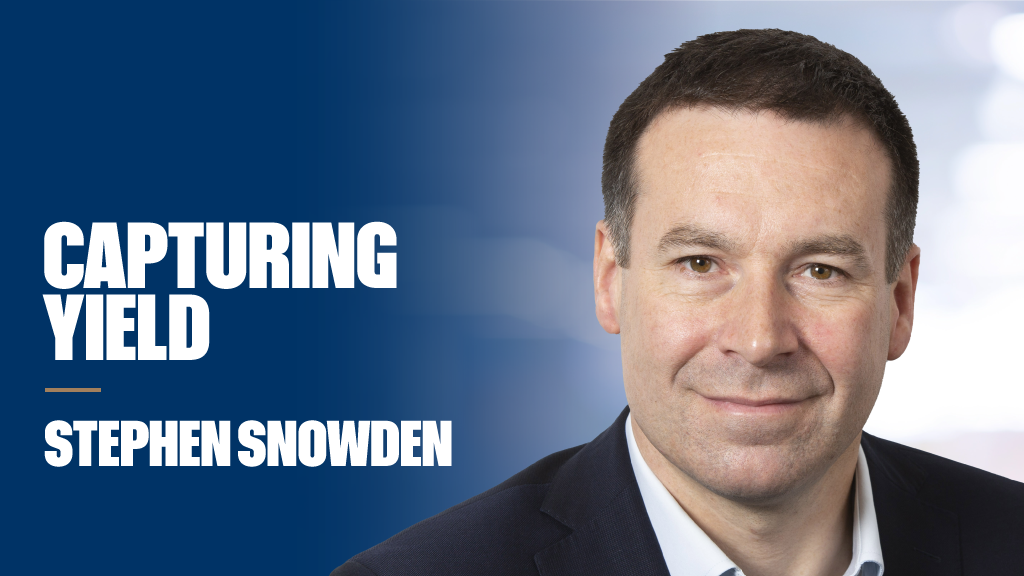Ganske is head of emerging markets for fixed income at Axa Investment Management in London, whose mandate is to cover hard-currency securities, including corporate bonds, financial bonds and quasi-sovereign debt.
Immediate risks exist, such as holding Mexican sovereign debt in the run-up to the November 8 US election, given the candidates’ anti-trade rhetoric.
The problem with many EMD markets is liquidity. In the case of Mexico, bid-offer spreads are wide and liquidity scarce; in the event of a shock, such as a victory for Donald Trump, investors would likely be unable to sell.
Although currency markets can offer liquid views, Ganske’s portfolios do not trade forex aggressively. His team focuses more of its energy on credit research and takes a conservative bent. “We’re not yield-seeking,” he said. “Just because a security offers a high spread [to US treasuries] is not a good enough reason to hold it.”
From the perspective of analysing a borrower’s ability to service its debts, Ganske sees overall risks in emerging markets declining. Even in troubled countries such as Russia, there are opportunities for bond investors. For example, although many Russian borrowers are struggling to generate revenues in the wake of cheap oil prices, Russian Railways boasts a stable balance sheet, with both costs and revenues denominated in rubles.
Many emerging-market issuers can prosper with crude oil at its current price of around $50/barrel, Ganske said. “At that price, many producers can be profitable, while it’s not high enough to threaten oil importers with inflation.”
What matters more than the level of prices is their stability, he added.
Ganske also sees positive stories in India, where the government is pushing difficult tax reforms, and in Brazil, which after two years of recession and political gridlock may have turned a corner. “These developments are good for the asset class.”
There remain broad risks. The UK’s decision to quit the European Union will continue to drag down developed-market economies, which will spill over to risk assets, he believes.
China’s economic slowdown is also a challenge to economic growth in many emerging markets, although successful reform efforts would be a positive development.
Currently bonds issued by Asian borrowers are trading at tight spreads. Ganske said he finds better value in Eastern Europe and Latin America. But if global trends do turn more negative, he might reallocate back to high-quality Asian names.











